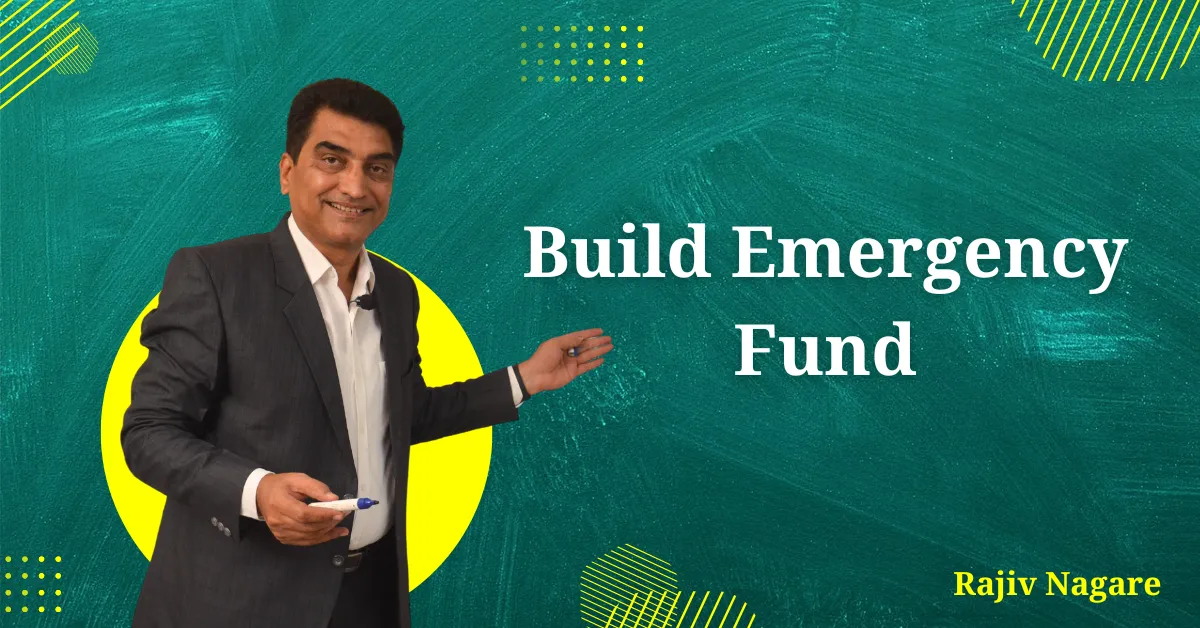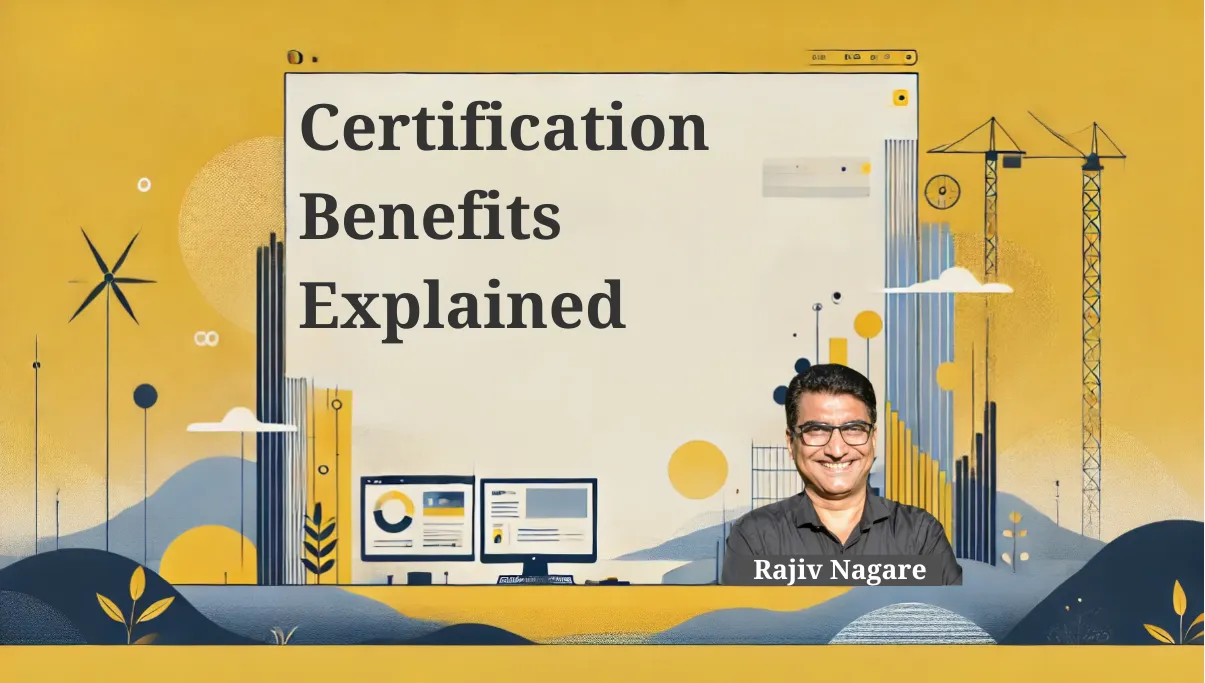Why is it Important to Have an Emergency Fund, and How Can I Build One?
In today's dynamic job market, financial preparedness is crucial for maintaining stability and resilience. An emergency fund serves as a financial safety net, providing peace of mind during unexpected challenges such as job loss, medical emergencies, or major repairs. This article explores the importance of having an emergency fund and practical steps to build and manage one effectively.

Understanding the Need for an Emergency Fund
Unexpected financial setbacks can significantly impact career stability and personal well-being. Whether it's sudden unemployment, unforeseen medical expenses, or car repairs, having an emergency fund ensures you can navigate these challenges without derailing your financial progress.
Benefits of Having an Emergency Fund
An emergency fund offers several benefits:
- Financial Security: Provides immediate access to funds during crises.
- Reduced Stress: Minimizes anxiety by preparing for the unexpected.
- Continued Progress: Supports ongoing career and personal development.
How to Start Building an Emergency Fund
Setting Realistic Savings Goals
Assess your monthly expenses and set achievable savings goals. Aim to save three to six months' worth of living expenses, adjusting based on your income, lifestyle, and dependents.
Choosing the Right Savings Account
Opt for a high-yield savings account or money market account to maximize growth while maintaining accessibility.
Strategies for Cutting Expenses
Identify areas in your budget where you can reduce spending and allocate more towards your emergency fund. Every small cut contributes to your financial resilience.
Steps to Build and Grow Your Emergency Fund
Establish a Budget
Create a detailed budget that includes dedicated contributions to your emergency fund. Treat these contributions as non-negotiable expenses to prioritize financial preparedness.
Automate Savings Contributions
Set up automatic transfers from your checking account to your emergency fund. This ensures consistent savings and eliminates the temptation to skip deposits.
Maximize Windfalls and Extra Income
Use bonuses, tax refunds, or unexpected income to accelerate your emergency fund growth. Redirect windfalls towards building your financial safety net.
Maintaining and Managing Your Emergency Fund
Regularly Review Savings Goals
Periodically reassess your savings goals to align with changes in your financial situation or life circumstances. Adjust your contributions as needed to stay on track.
Avoid Unnecessary Withdrawals
Resist using your emergency fund for non-emergencies. Establish clear criteria for when to access these funds to preserve their intended purpose.
Replenish After Using
If you need to tap into your emergency fund, prioritize replenishing it promptly. Resume regular contributions to restore your financial safety net.
Integrating Emergency Fund into Long-Term Financial Planning
Align Goals with Financial Objectives
Ensure your emergency fund aligns with broader financial goals such as retirement savings and investments. Maintain a balanced approach to financial planning.
Explore Insurance Options
Supplement your emergency fund with appropriate insurance coverage to further protect against specific risks like health emergencies or property damage.
Building and maintaining an emergency fund is a cornerstone of financial resilience. By taking proactive steps to establish and grow your emergency fund, you safeguard your career stability and personal well-being against unforeseen financial challenges. Start today and empower yourself with financial preparedness!
Ready to secure your financial future? Start building your emergency fund today:
- Assess your financial situation and determine your savings goals.
- Create a budget that prioritizes contributions to your emergency fund.
- Choose the right savings account and automate your savings for consistency.
Join the conversation! Share your experience below in the comment box















